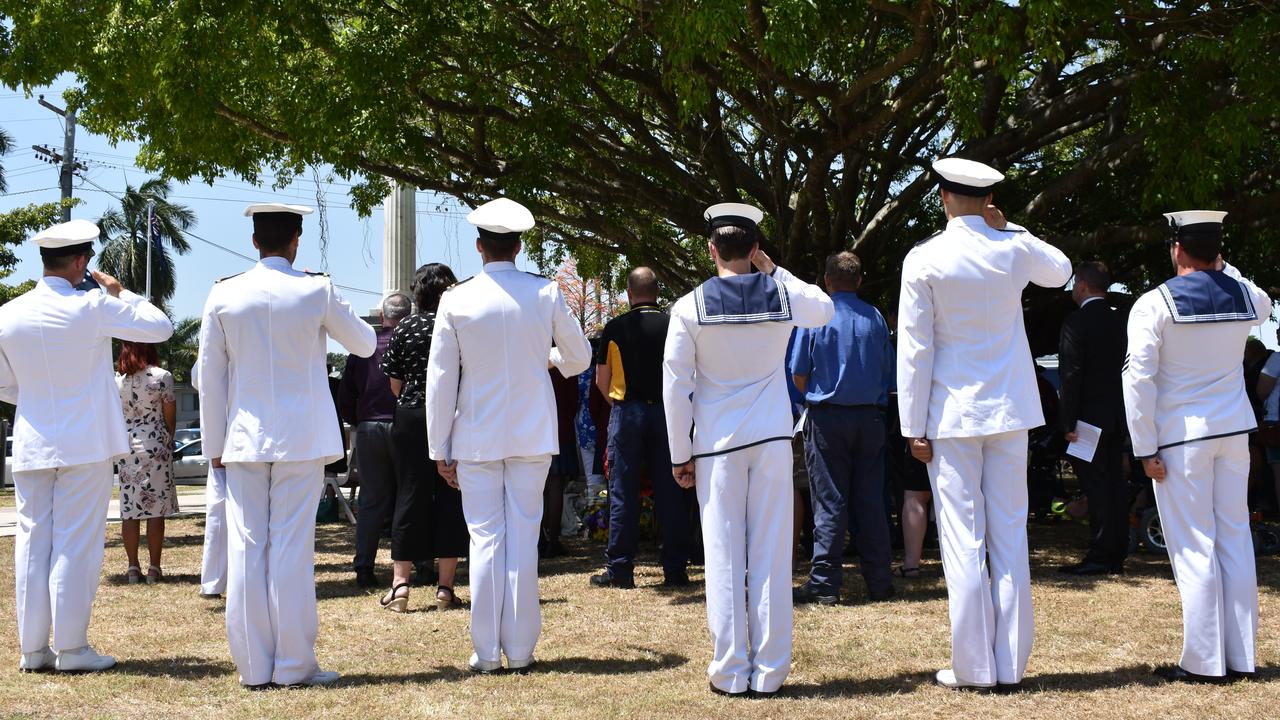ADF attempts to explain differences between men and women
A bizarre slide from an ADF presentation has emerged, attempting to explain the differences between men and women.

The Australian Defence Force (ADF) have attempted to explain the female form in a bizarre presentation slide headlined “a woman is not a scaled-down man”.
The slide, obtained by the ABC and part of a Department of Defence presentation, depicts a female soldier wearing a combat uniform, with arrows pointing to different parts of her body explaining the female form.
An arrow leading from the woman’s groin is simply labelled “hygiene”, while “shorter and smaller bones” in female’s arms and legs are “a mechanical disadvantage”.
Female skulls are “smaller and not as thick”, while a “higher body surface area to mass ratio” means women “can lose heat quicker and at lower outside temperatures”.
These, as well as “narrower and lower” shoulders, having “a bust” and smaller feet with a “higher arch” are among the features that differentiate women from the men defending our nation.
Australian Defence Department attempts to explain differences between women and men
— Dr Sandra Antonelli (@SandrAntonelli) June 7, 2020
Or
Trying to get important physical differences through some thick skulls.https://t.co/PE2ERh5vYd pic.twitter.com/YcC5a5IhUQ
In a statement to news.com.au, an ADF spokesperson said the Department of Defence were reviewing “the range of equipment supplied to women across the Defence Force”, as well as seeking feedback from female ADF personnel and providing regular updates to senior Defence leaders.
“The Women in Combat presentation, which contains a slide titled ‘A woman is not a scaled-down man’, was for an limited internal Defence briefing on 22 May 2020 aimed at providing an internal update on the development of combat equipment, including helmets, boots, body armour and field equipment that are more suitable for ADF personnel,” they said.
“The presentation also included feedback received from female ADF members, which is being used to inform potential improvements to the equipment supplied to them.”
They said prior to the ABC’sreporting on the presentation slide, it had not been widely distributed or made accessible to all ADF members.
The participation rate of women in the permanent ADF has reached 18.6 per cent, according to Defence’s most recent annual report, up from 17.9 per cent the previous year.
It follows the Royal Australian Navy’s calls at the end of May for military personnel to go on a $12,000 Gender Peace and Security course, drawing on “feminist theorising” and making them “gender sensitive, gender inclusive and gender responsive”.

The Monash University course, run by associate professor Katrina Lee-Koo and Professor Jacqui True, would “provide training on the facilitation of women’s participation as agents of peace building and prevention of conflict, violent extremism and insecurity,” the Navy said.
A Defence spokeswoman told The Daily Telegraph at the time it was sending the personnel – from the navy, army, air force and public service – on the course because “all government agencies have a responsibility to integrate a gender perspective into their core activities”.
“A gender perspective aims to minimise adverse impacts of operations on local populations, to assist with their return to enduring peace and stability,” she said.
“The aim is to provide Defence members with the tools to undertake a more analytical and evidence based approach to operational and disaster response planning.”




